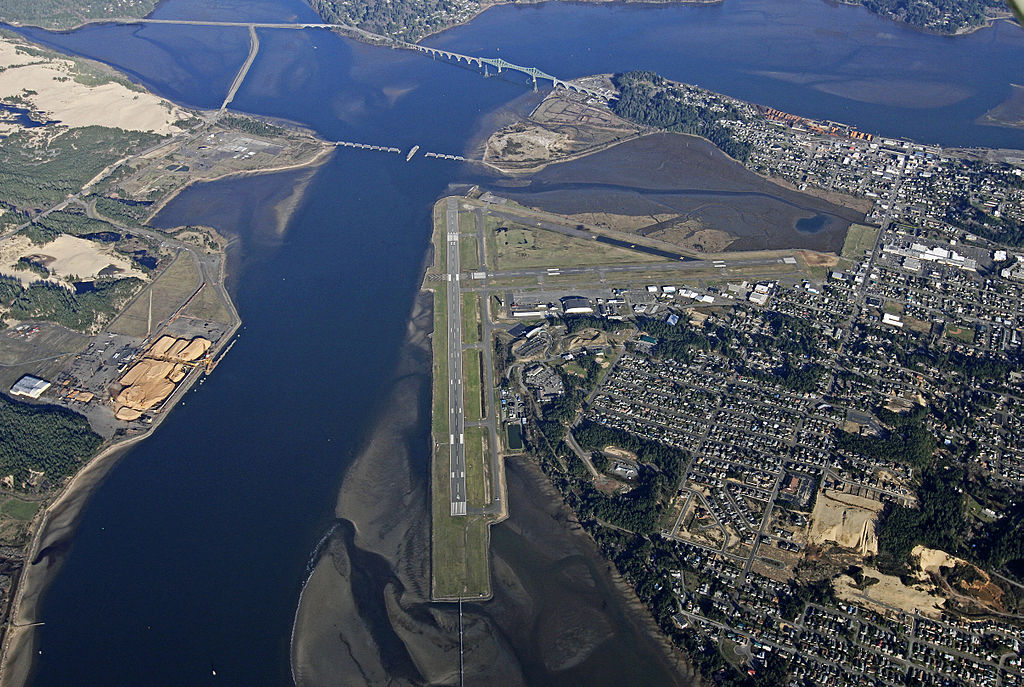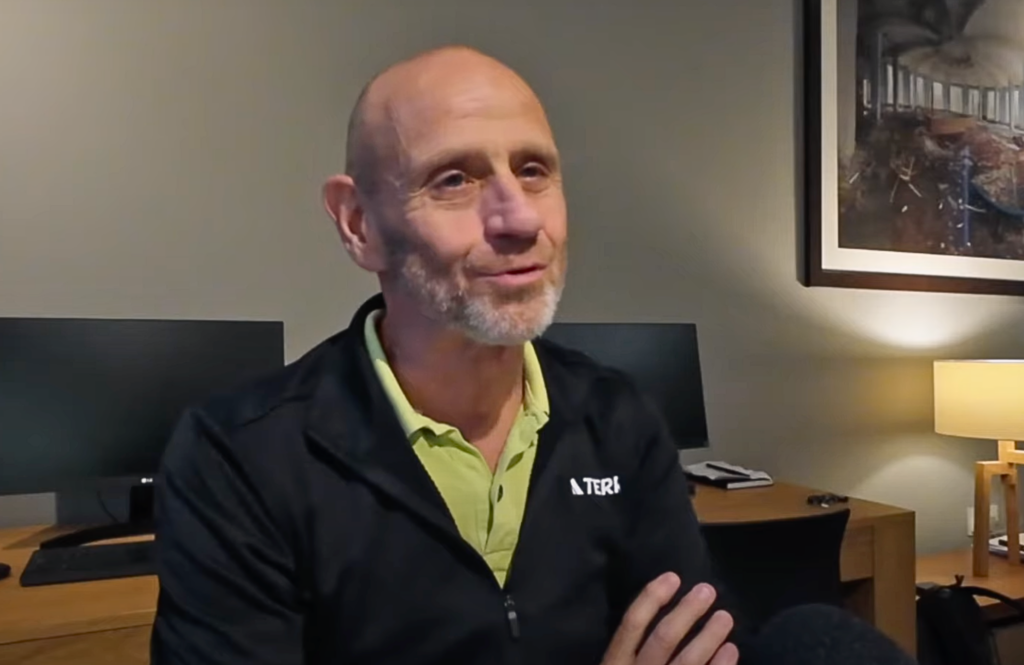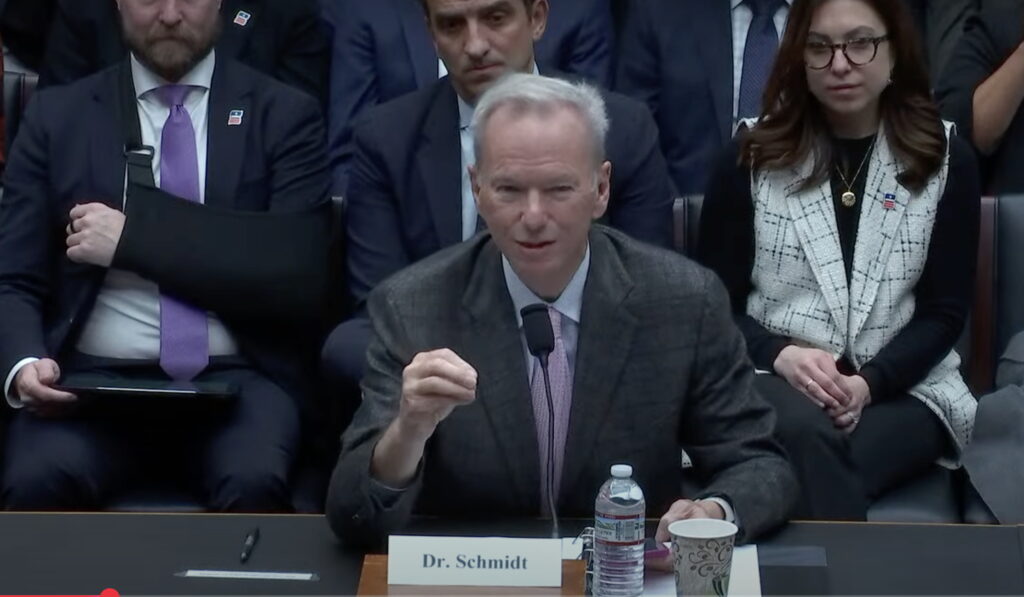Last Thursday, the Federal Energy Regulatory Commission (FERC) took the highly unusual step of declining to move forward on permits for the proposed Jordan Cove LNG export terminal in Coos County, Oregon. If built, the $10 billion Jordan Cove project would become the largest source of global warming pollution in the state.
FERC commissioners voted 2 to 1 to postpone a decision on federal approvals for the project after a string of permit denials from the state of Oregon. Commissioner Bernard McNamee said he needed an additional week to review the latest denial, issued by the Oregon Land Conservation and Development Commission (LCDC) one day prior to FERC’s vote.
In their February 19 letter, sent to Jordan Cove, FERC, the Army Corps of Engineers and others, Oregon’s land conservation officials wrote that approving Jordan Cove would “negatively impact” resources relied on by the state’s coastal tourism, fishing, shipping, and other industries, as well as endangered and threatened wildlife, “among other sectors critical to the state.”
“After long deliberation and review of the record before the department, it is clear that there is no reasonable assurance that the proposed project is or will be consistent with the laws, regulations, and policies that continue to maintain the Oregonian way of life,” the LCDC said in a statement announcing its decision. “Overall, the issuance of this decision protects the interests of the State of Oregon and those who call Oregon home.”
Without the state’s sign off, called a “consistency certification,” federal agencies including FERC and the Army Corps of Engineers “cannot authorize this project,” the Oregon commissioners wrote.
The next day, February 20, one Jordan Cove backer abruptly resigned from the state’s land conservation commission, citing the commission’s February 19 letter. Coos County commissioner Melissa Cribbins — whose contacts with Jordan Cove backers during the time that the project’s county-level permits were pending were at the center of a recent DeSmog investigation — penned a letter to Oregon’s governor.
“I am tendering my resignation from the Land Conservation and Development Commission (LCDC) effective immediately,” Cribbins, who is currently running for state office, wrote in a letter posted to Facebook by her campaign. She cited the timing of the land conservation permit decision, calling it “purely political.”
“Clearly, this is not the Oregon way,” the letter concludes, “and I will not lend my credibility to this process any longer.”
Cribbins retains her seat as a Coos County commissioner. She was also recently appointed to a federal Environmental Protection Agency advisory committee on local government, which advises Trump-appointee Andrew Wheeler.
The land conservation commission had emphasized the significance of the negative impacts on Oregon and its coast that Jordan Cove construction would have as it issued its state permit denial.
“After careful review of the proposed project, in conjunction with receiving extensive public comment, and coordination with coastal partners, [Department of Land Conservation and Development] has determined that the coastal adverse effects from the project will be significant and undermine the vision set forth by the [Oregon Coastal Management Plan] and its enforceable policies,” the commission wrote in their February 19 letter (emphasis in original). “Coastal effects analyses show that the project will negatively impact Oregon’s coastal scenic and aesthetic resources, a variety of endangered and threatened species, critical habitat and ecosystem services, fisheries resources, commercial and recreational fishing and boating, and commercial shipping and transportation, among other sectors critical to the state.”
The Jordan Cove project would export U.S. and Canadian fossil fuels — enough to fill roughly 120 liquefied natural gas tankers a year.
Project opponents say that without permits from the state of Oregon, the Jordan Cove fossil fuel export project cannot be built. “Oregon has concluded that the Jordan Cove LNG project would have significant adverse effects on the state’s coast and without permits from the state of Oregon, Jordan Cove LNG cannot move forward,” Courtney Johnson, attorney and executive director at Crag Law Center, said in a statement following the LCDC’s permit denial.
Jordan Cove has 30 days from the LCDC’s denial to appeal the state’s decision.
On Monday, Jordan Cove representatives urged FERC to approve the project over Oregon’s rejection. “A [Coastal Zone Management Act] consistency determination ‘is a permit issued under federal law,’ and state [Coastal Zone Management Act] objections are subject to plenary federal administrative override,” David Owens, an attorney representing the Jordan Cove Energy Project and the Pacific Connector Gas Pipeline wrote in a February 24 letter to FERC.
The FERC commissioner who cast the deciding vote to delay a decision cited the state’s permit denials at the hearing last week. “I want to see what the State of Oregon said, and I need that information to inform my decision, whether I’m ultimately going to vote for or against Jordan Cove,” McNamee said.
The land conservation permit is not the only permit that the Jordan Cove project currently lacks.
In January, Oregon’s Department of State Lands detailed over a half dozen categories of “critical information” that the Jordan Cove project had not yet provided to state officials after the company’s permit application was first deemed incomplete in November 2017. Days later, Jordan Cove withdrew its application for that permit.
And in May 2019 state officials denied a required Clean Water Act permit for Jordan Cove, citing concerns about the hazards posed to the state’s waters.
State officials predict a legal battle may be on the horizon. “I think the evidence is very clear that the strategy now for this project is to wholly ignore Oregon and its requirements and to have the Federal Energy Regulatory Commission approve it, and somehow have the courts rule that that Oregon law, that quite clearly can’t be preempted by the federal government, can be,” State Sen. Jeff Golden said in early February after Jordan Cove withdrew its land permit application. He described a “legal fight that almost certainly is coming, to uphold the law of the land and tell the Trump administration you don’t get to cancel environmental safeguards all over this country on behalf of the fossil fuel industry.”
Oregon’s governor Kate Brown has also said the state “would consider all available options” if FERC attempted to override the state’s permit processes.
It’s not clear when FERC will reconvene to consider the Jordan Cove project. Legal experts have said that the law also allows Jordan Cove to appeal to the U.S. Secretary of Commerce, currently Trump appointee Wilbur Ross, to approve the project without the state’s sign off. Ross has previously expressed support for the Jordan Cove project.
Environmentalists called on FERC to reject the permit when it does reconvene.
“Tens of thousands of people across the region have spoken out against this Jordan Cove LNG for over a decade,” Allie Rosenbluth, campaign director of Rogue Climate, said in a February 20 statement. “It’s time to put an end to Jordan Cove LNG for good this time so our communities can focus on creating local jobs in clean energy instead.”
Main Image: Coos Bay, Oregon, in 2012. The proposed Jordan Cove LNG export terminal site is in the lower left. Credit: RBrittsan, CC BY–SA 3.0
Subscribe to our newsletter
Stay up to date with DeSmog news and alerts







